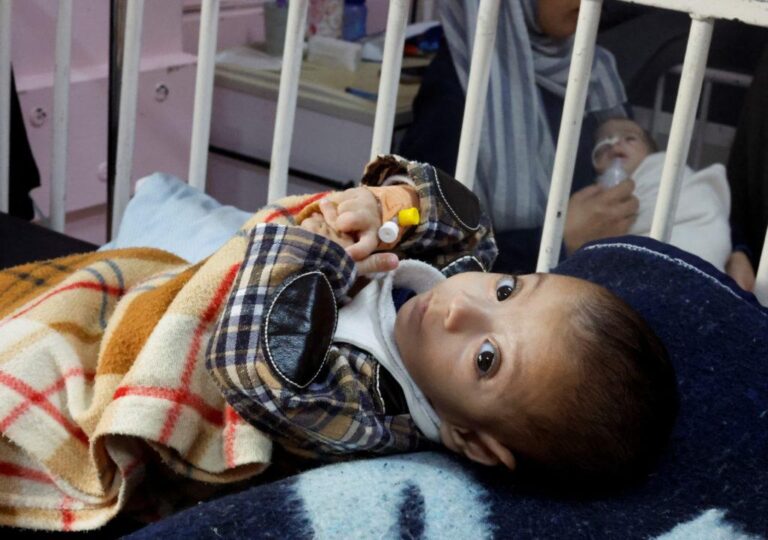Understanding the Crisis of Malnutrition in Gaza
Malnutrition in Gaza has reached alarming levels, affecting a large portion of the population. This crisis is driven by a combination of factors, including economic instability and ongoing conflict.
The Scope of Malnutrition
Reports indicate that approximately 1.4 million people in Gaza face food insecurity. The situation is particularly dire for children, where stunting and wasting rates are critically high.
Causes of Malnutrition
The blockade imposed on Gaza has severely restricted access to essential goods, worsening food availability. Additionally, limited access to healthcare exacerbates the situation, leaving many without necessary nutritional support.
Health Implications
Malnutrition can lead to severe health issues, including increased mortality rates among vulnerable populations. Children suffering from malnutrition are at a greater risk of developing long-term health problems.
Responses and Interventions
Various organizations are working to address malnutrition in Gaza through emergency food programs and nutritional education. The Borgen Project is one such organization providing critical support in these areas; for more information, visit this link.
The Way Forward
Addressing malnutrition in Gaza requires a multifaceted approach that includes political, social, and economic solutions. International cooperation is crucial to ensure that aid can reach those who need it most and to promote sustainable development in the region.

